-
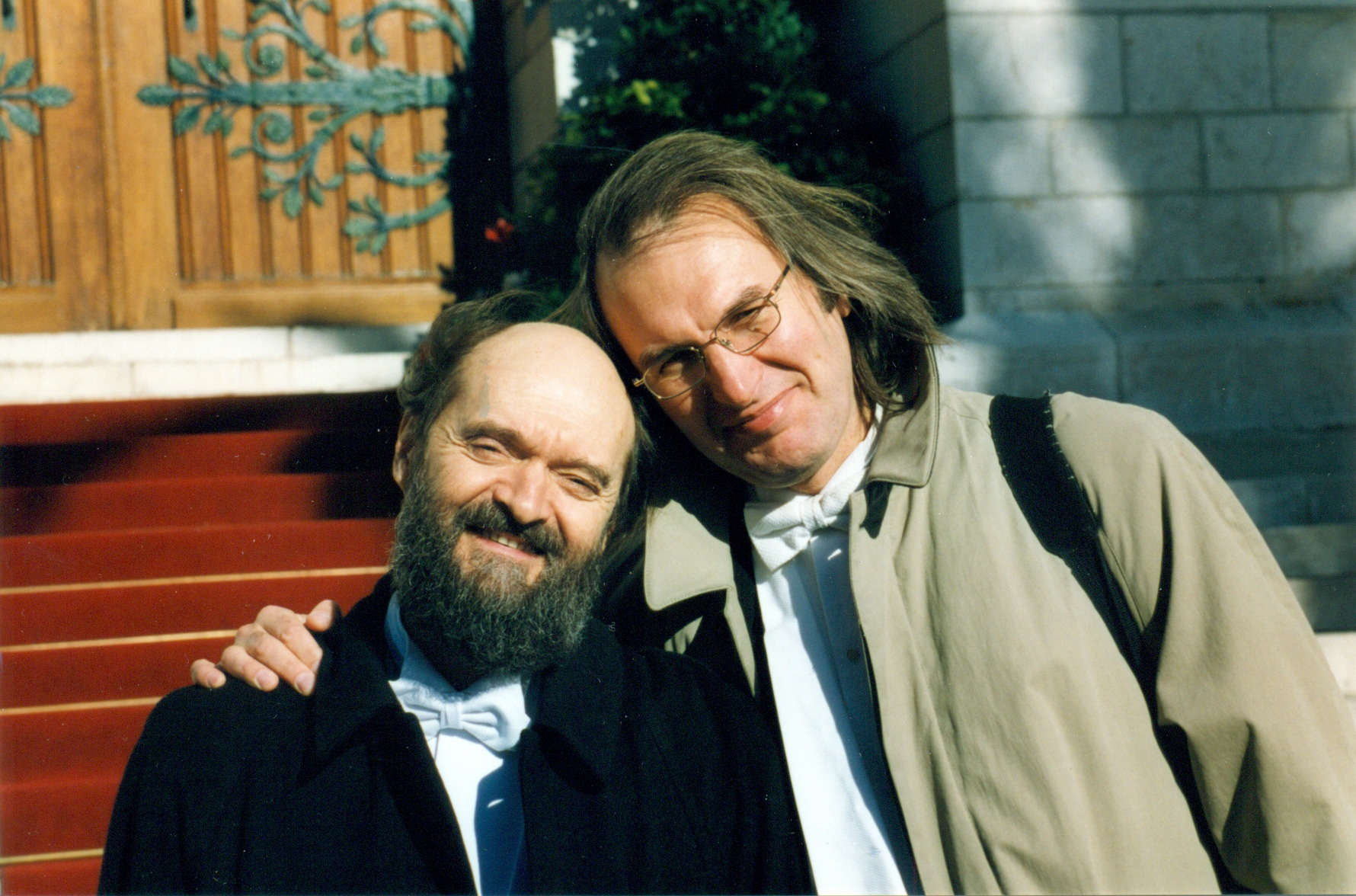
I Lift Up Mine Eyes. Celebrating 25 years since the premiere of Arvo Pärt’s Cantique des Degrés
Text Karin Rõngelep, Arvo Pärt Centre How does one compose music fit for royalty? This question might have crossed Arvo Pärt’s mind when, in February 1998, he received a letter bearing the coat of arms of the Principality of Monaco. Inside was a modest request from Princess Caroline, seeking a unique gift for her father,Read more -
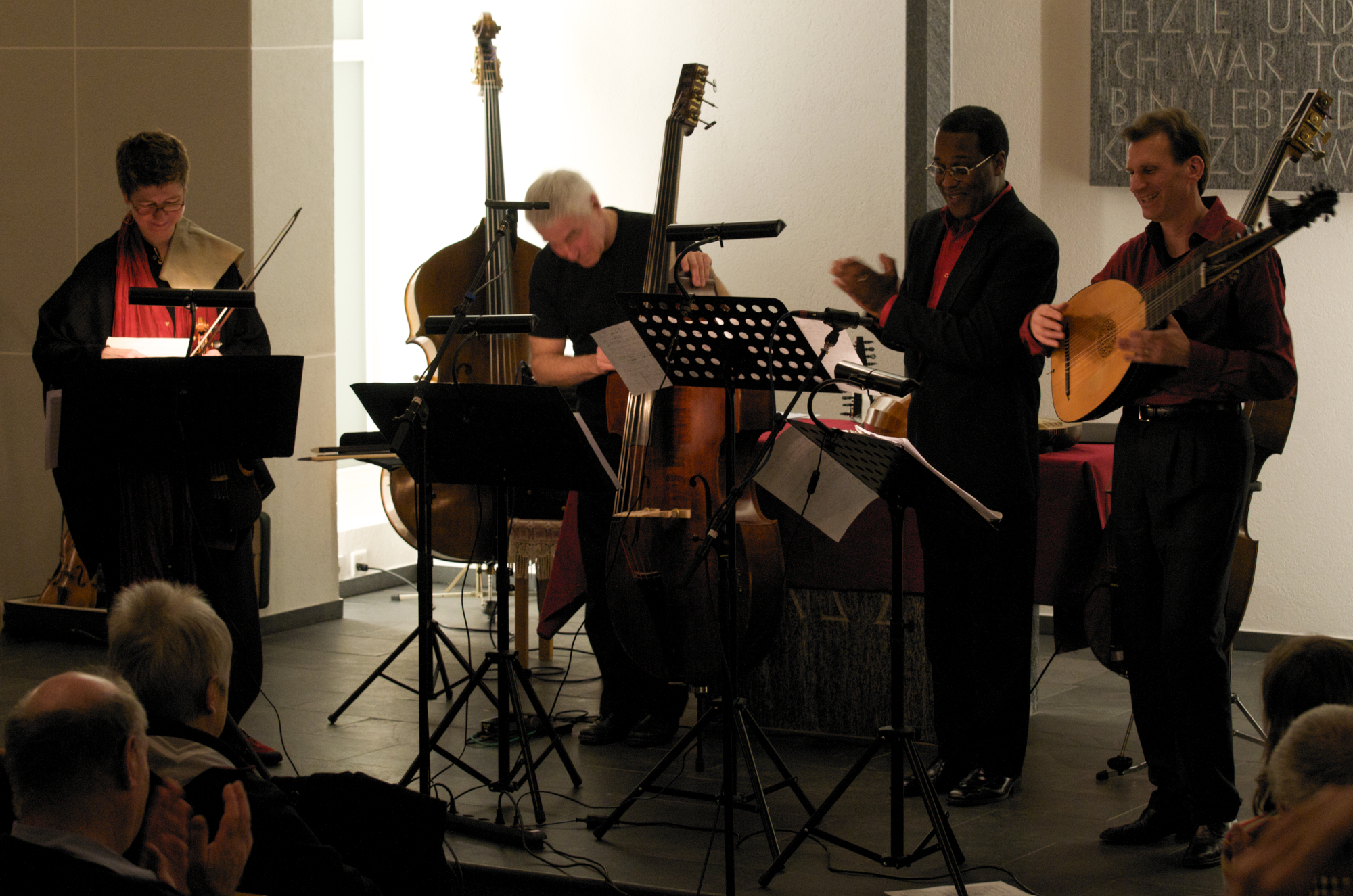
Sei gelobt, du Baum
How did a 2,500-year-old tree from Switzerland inspire Arvo Pärt to write a piece of music to the words of Viivi Luige entitled "Sei gelobt, du Baum" (Blessed art thou, tree), and how did a piece of it end up in Laulasmaa? Article by Ardo Västrik.Read more -
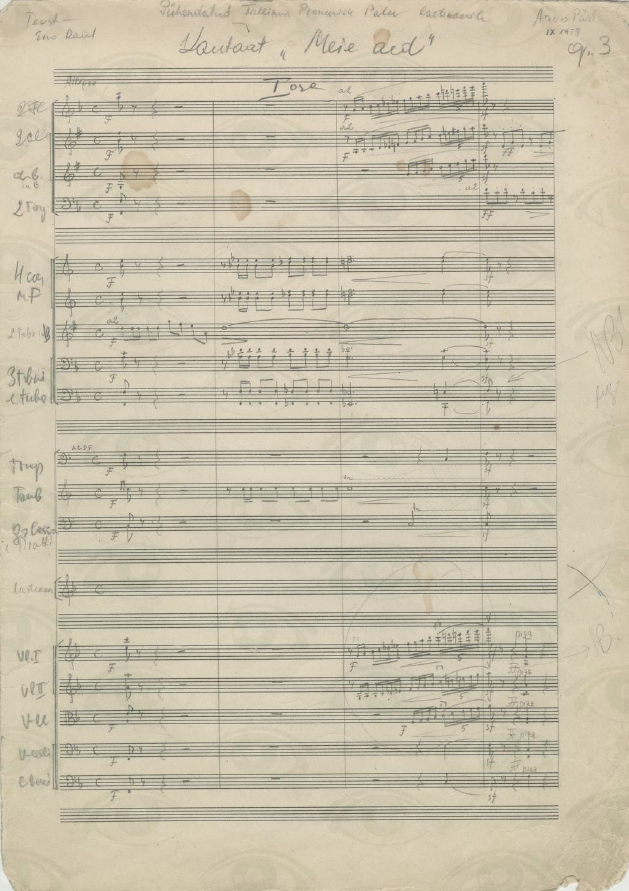
Our Garden – the starting point of Pärt’s choral compositions
Arvo Pärt's music for children includes the cantata Our Garden for children's choir and symphony orchestra, with text by the popular children's author Eno Raud. Read the story by Karin Rõngelep.Read more -
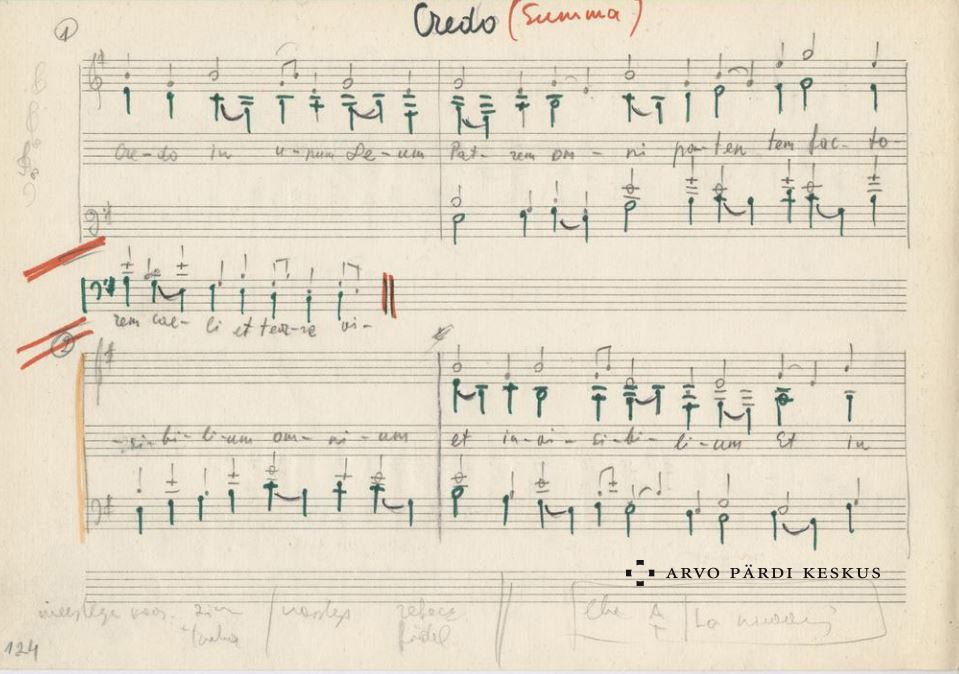
The journey to the formula of Summa
After eight years of creative searching, Arvo Pärt finally found a way to compose music again in early 1976. In a way, the Hortus Musicus concert in October 1976 can be considered the culmination of this long and challenging crisis, where Pärt’s new tintinnabuli style was heard for the first time in a set of works performed in the Estonia Concert Hall.Read more -
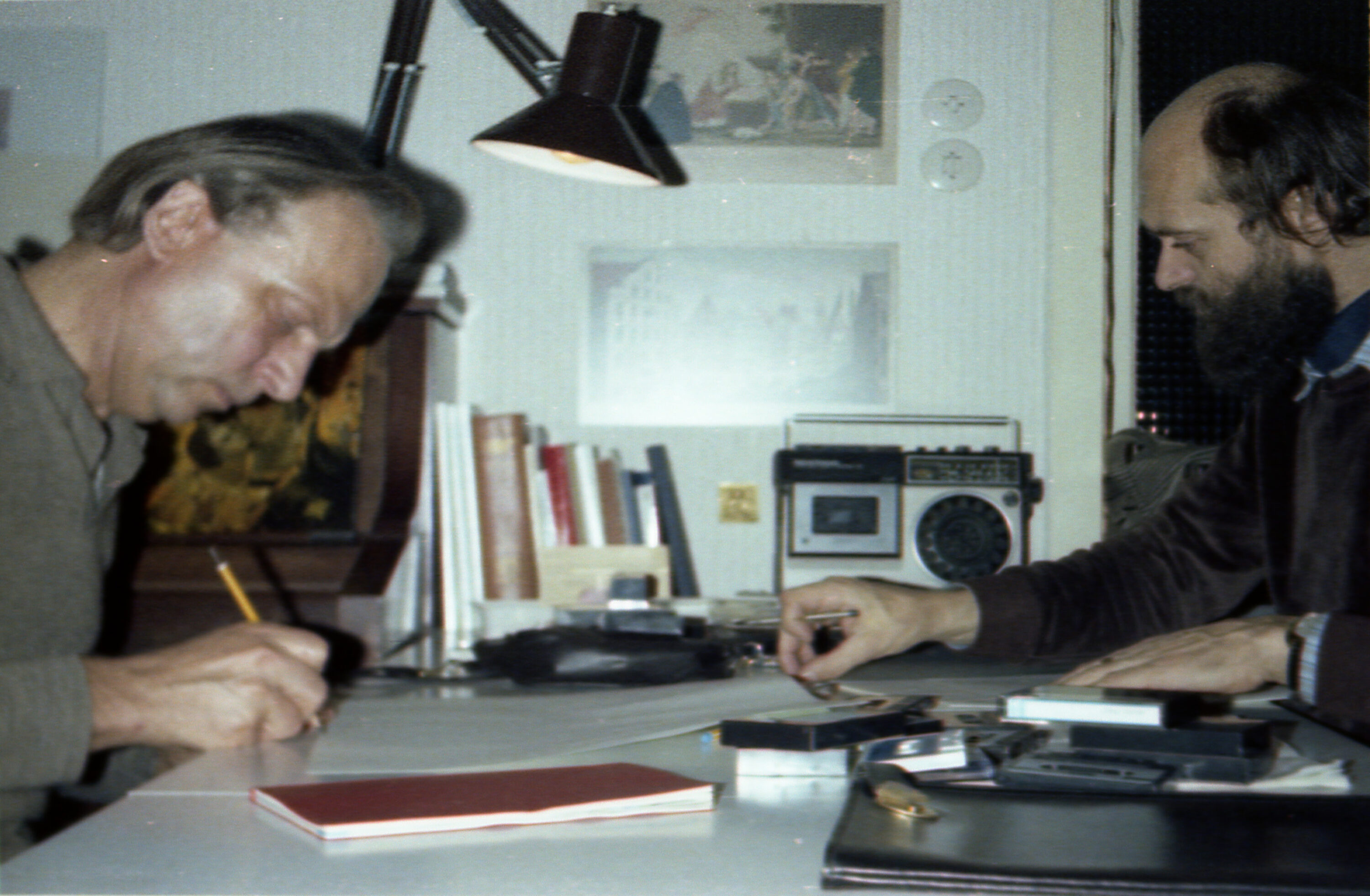
Meeting of Arvo Pärt and Ivar Ivask – The discovery of a (lost) manuscript
Conversations with Arvo and Nora Pärt reveal the rich history and context of the composer’s works. When combined with archival research, these may also occasionally result in exciting discoveries. Earlier this year, a discussion at the Arvo Pärt Centre focused on the creation of the piece Annum per annum. Read the story by Ardo Västrik.Read more -
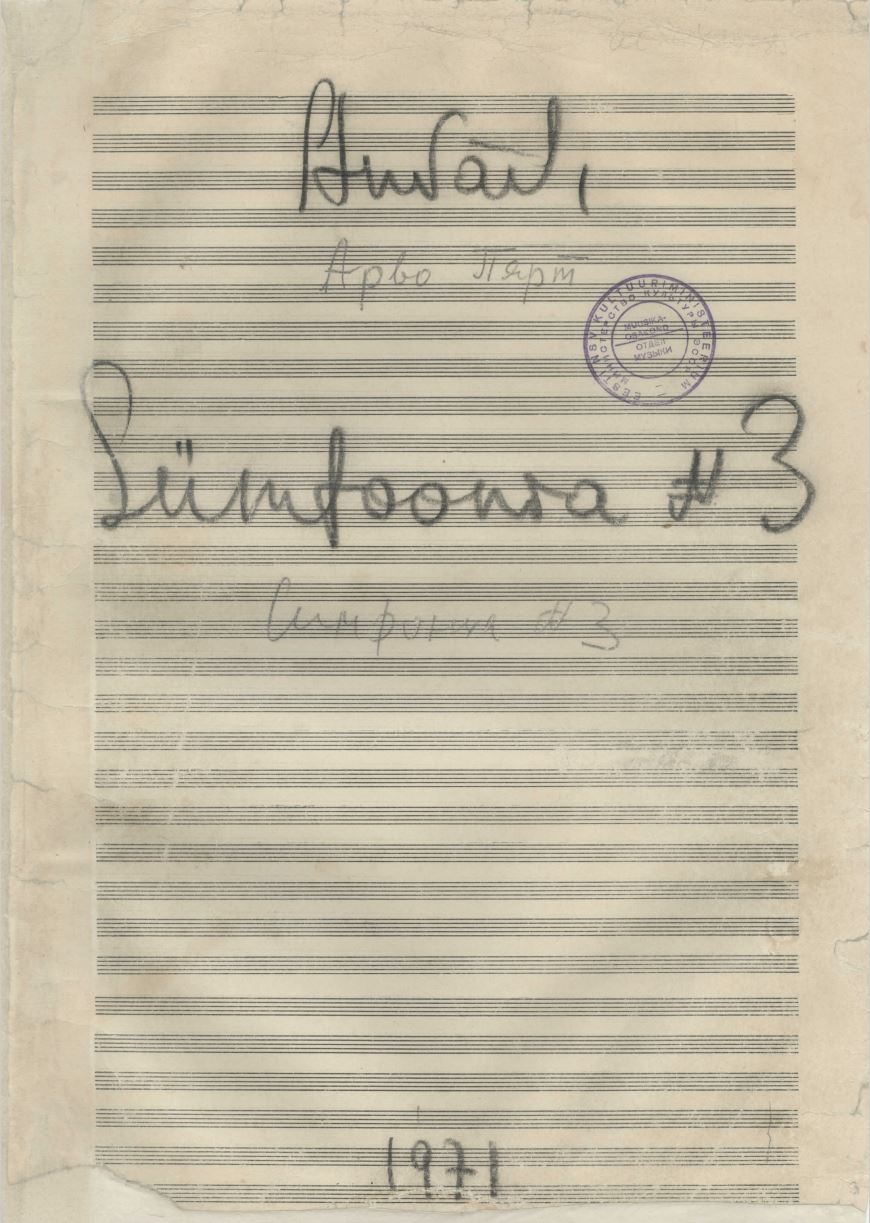
Symphony No. 3 and going to the other side
This time, Arvo Pärts Symphony No. 3 was the focus of the conversation, based on archive materials. Written for a large orchestra in 1971, this voluminous work is the only concert piece created during the transition period that is part of the composer's official list of works. The story of Maarja Tyler.Read more -
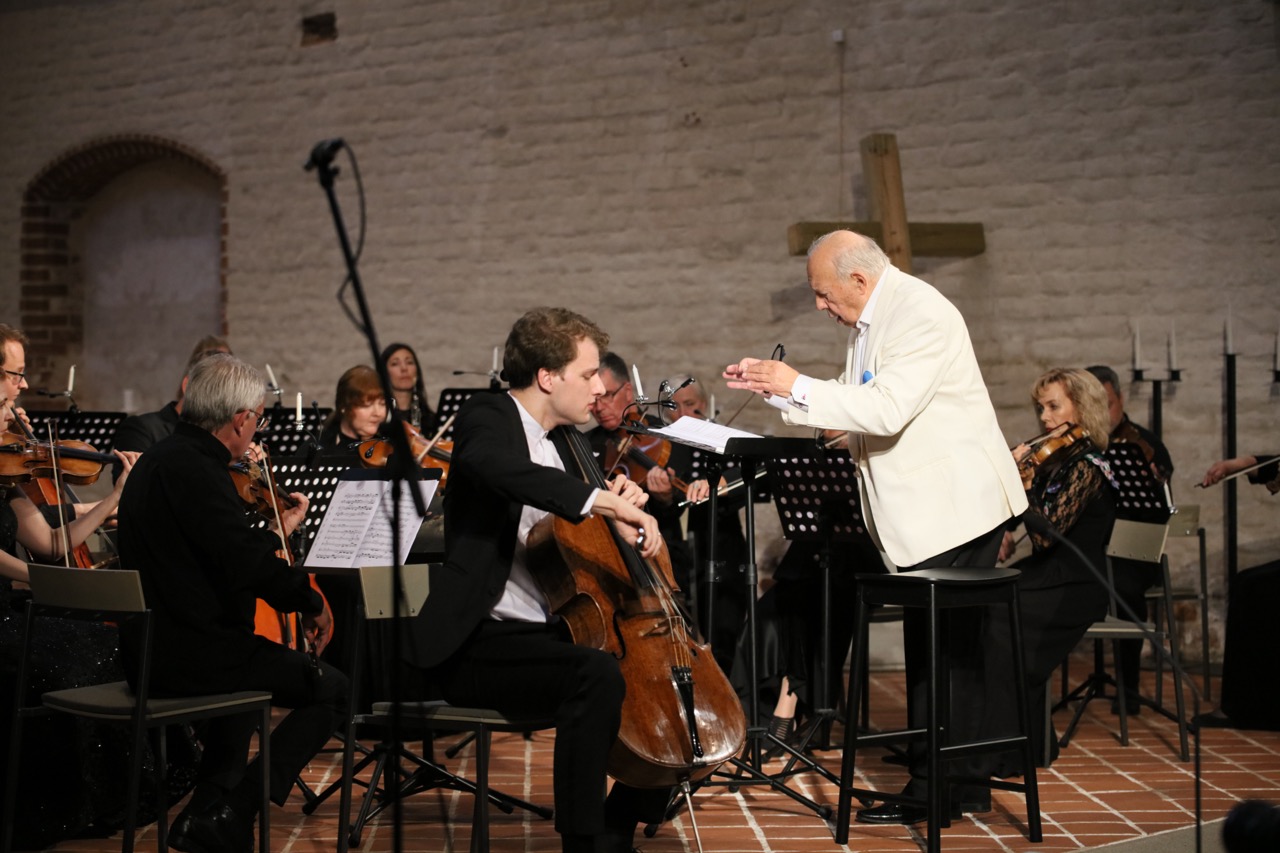
Arvo Pärt’s cadenzas, discovered during archive work, were performed in Estonia for the first time
At the opening concert of the Glasperlenspiel Festival on July 6 in the St. John’s Church in Tartu, cellist Marcel Johannes Kits and the Glasperlenspiel Sinfonietta, conducted by Neeme Järvi, performed Joseph Haydn’s Cello Concerto in C major, where the soloist cadenzas of the first and second movement were written by Arvo Pärt. It wasRead more -
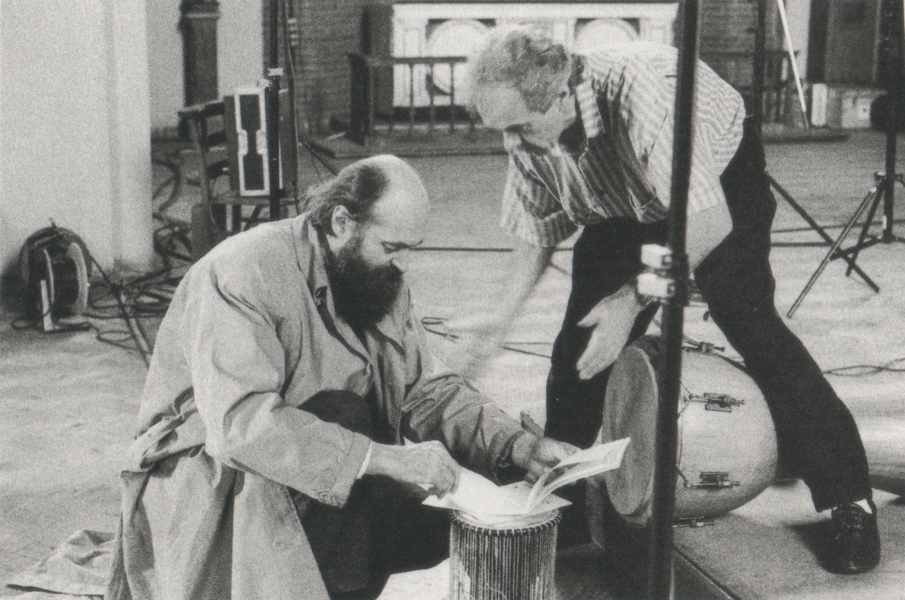
The origin of Sarah Was Ninety Years Old in the light of archive documents
The Arvo Pärt Centre team had the opportunity to take a look at the story behind the piece Sarah Was Ninety Years Old and to discuss the existing archive materials. In this process, we could turn to the musical diaries that Arvo Pärt started keeping as early as 1974 to record his musical thoughts (later, verbal notes were also added). Already in the first notebooks, there are melodic sequences which we later find in the work in question. The Story by Ardo Västrik.Read more -
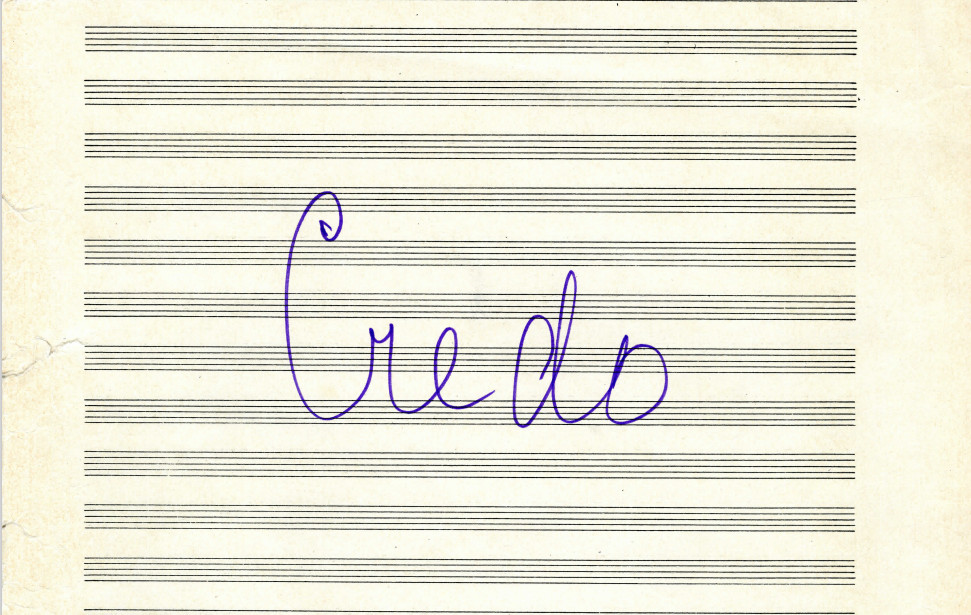
“Credo” and white keys music
In the course of our archival work, we have come to the groundbreaking year of 1968, when Arvo Pärt composed “Credo” for piano, mixed choir and large symphony orchestra. In terms of musical material, it was a work of the 1960s, combining elements of dodecaphony, sonorism, collage and aleatoricism. This is how musicologist Merike VaitmaaRead more -
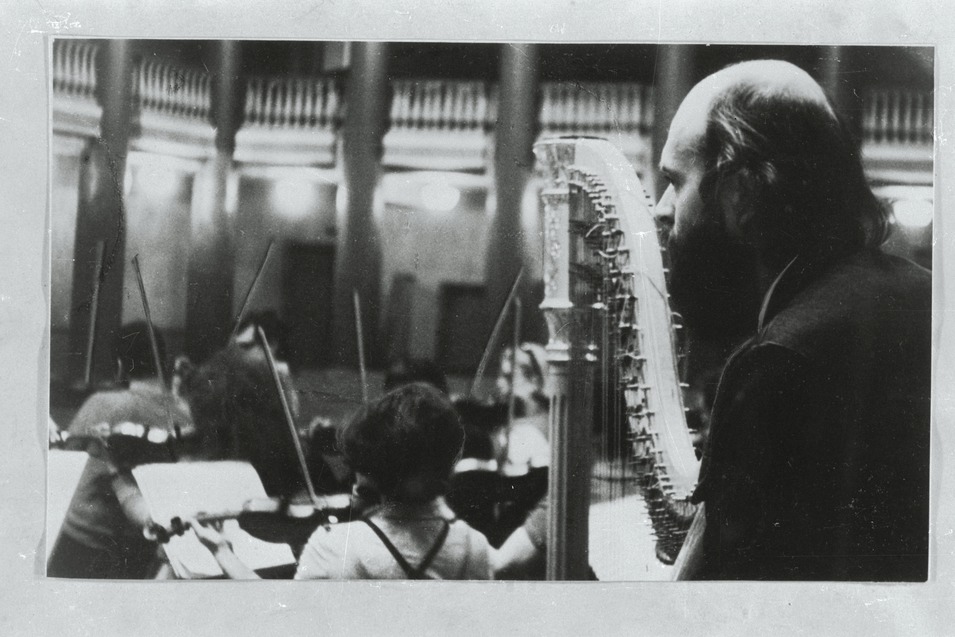
Eternity in a glimpse. Cantus 45
7 April marks the 45th anniversary of the premiere of "Cantus in Memory of Benjamin Britten", one of the most beloved and most performed works in Pärt’s oeuvre. The story written by Karin Rõngelep based on a discussion with the composer Arvo Pärt at the Arvo Pärt Centre.Read more -
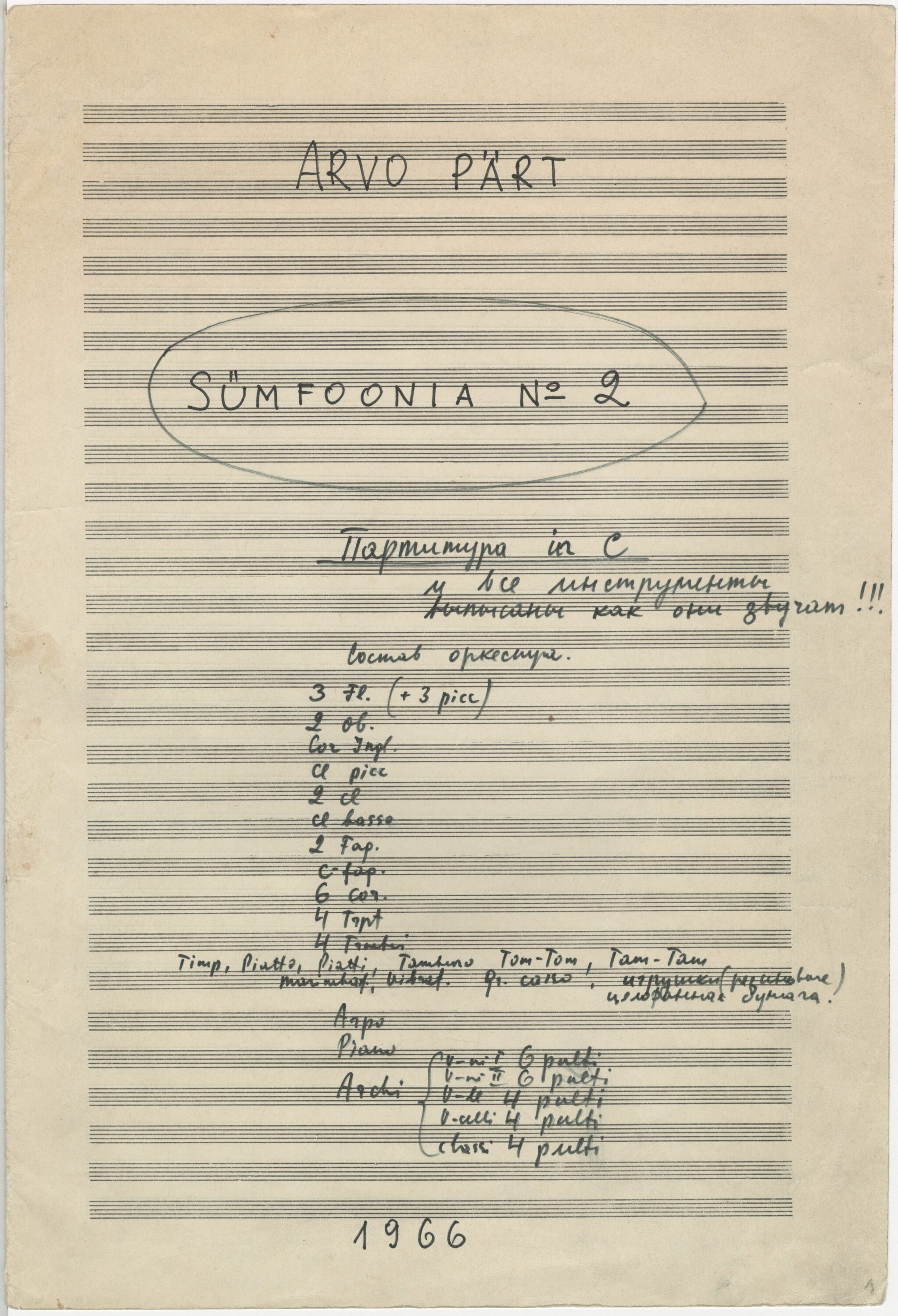
Tragic and existential Symphony No. 2
Arvo Pärt’s Symphony No. 2 was completed in 1966, and although the exact date of completion cannot be ascertained from the archival documents, it was most likely written between March and September.Read more -
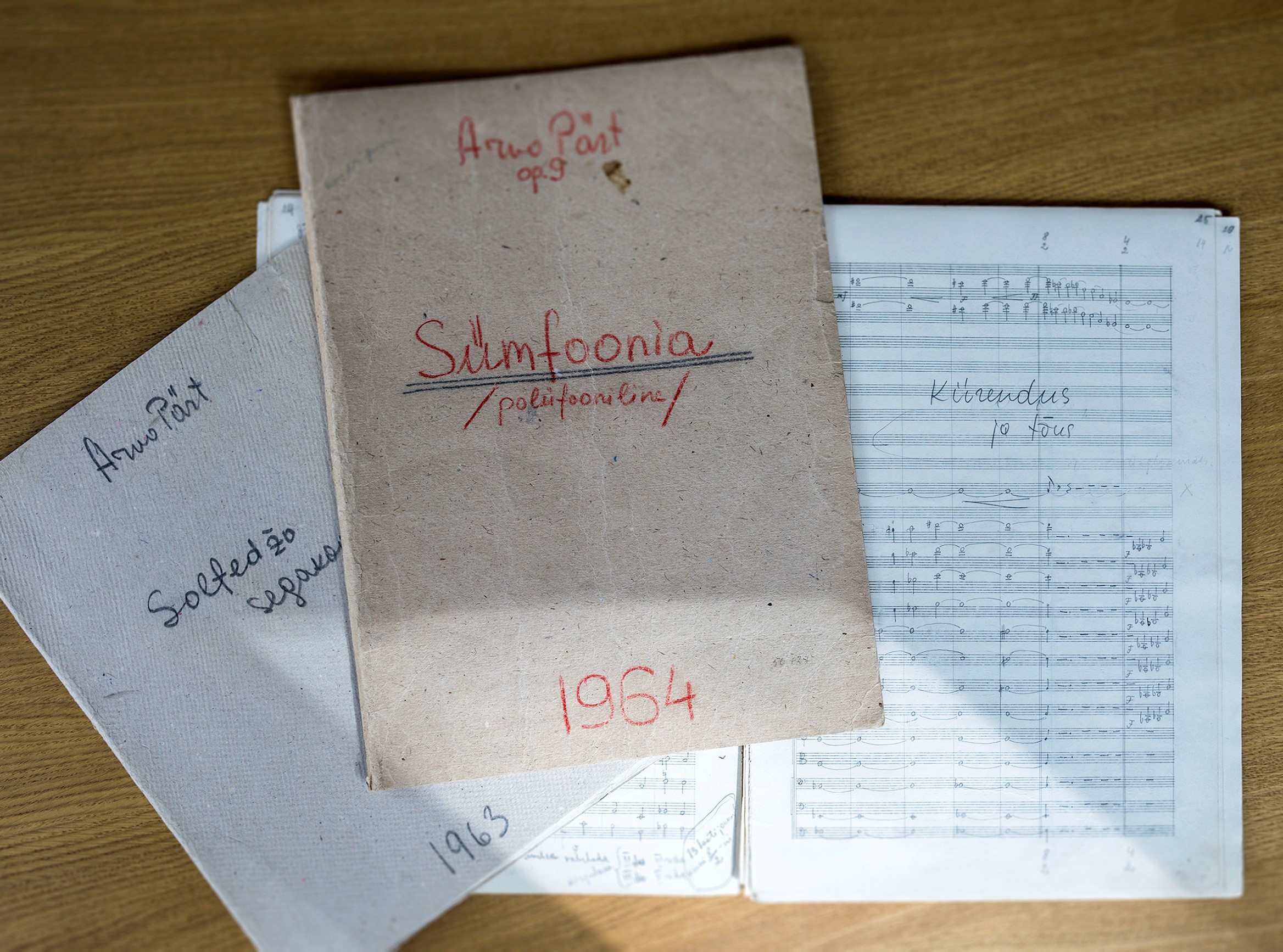
Symphony No. 1 and Solfeggio
In mid-April, when the exhibition halls and museums were closed, we talked to Arvo Pärt about what was happening in his creative life between 1963 and 1964. This discussion focused on the creative history of Symphony No. 1 and the choral composition "Solfeggio", both written in 1963.Read more -
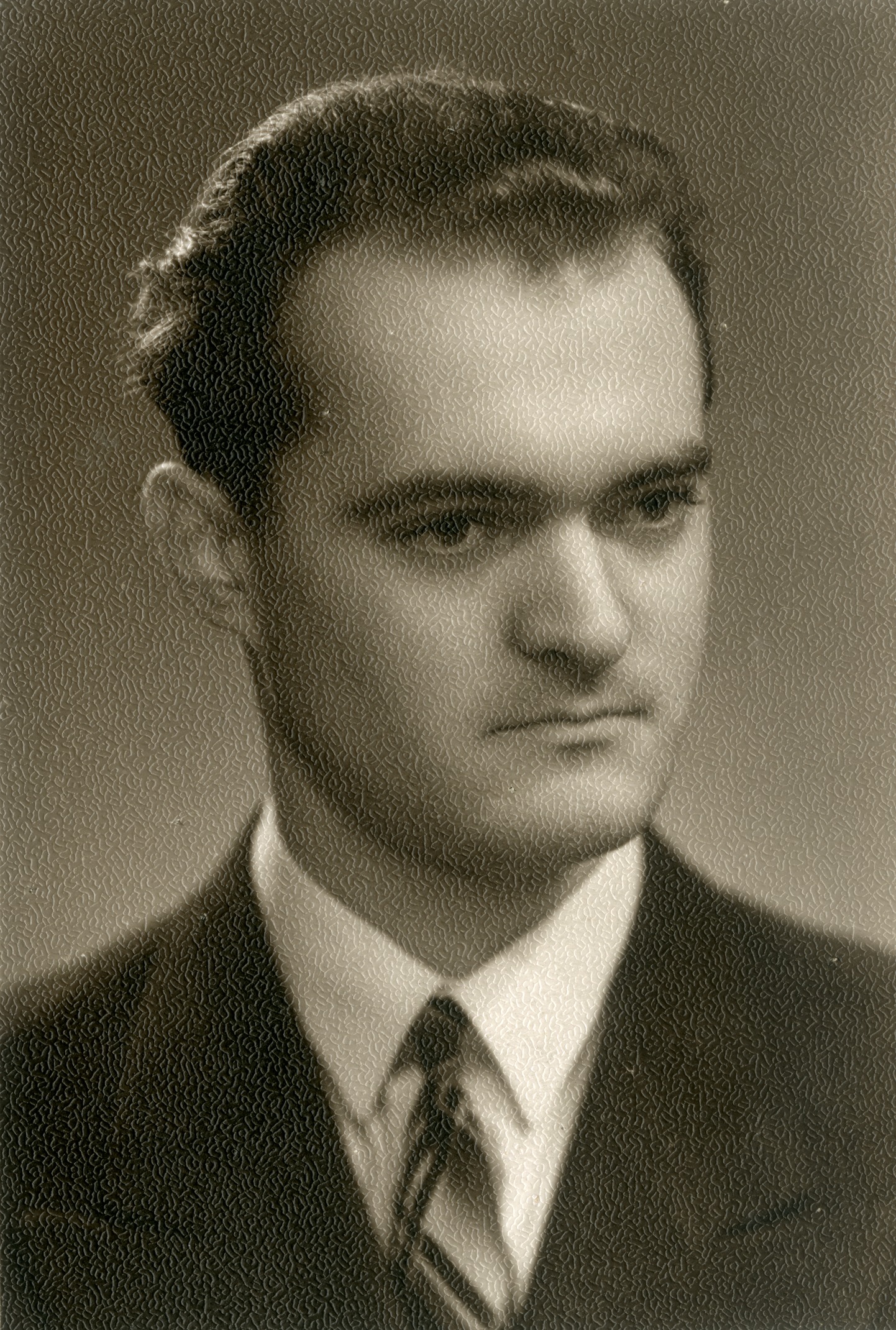
Ground zero: Nekrolog
60 years ago today, on 11 March 1961, Arvo Pärt’s Nekrolog for orchestra was performed for the first time in the Pillar Hall at the House of the Unions in Moscow, under the baton of Roman Matsov. The tumultuous story of Nekrolog proves the extent to which the reception and fate of a composition depends on the time and the place the work was written, and the impact a work can have on a composer’s entire future oeuvre.Read more -
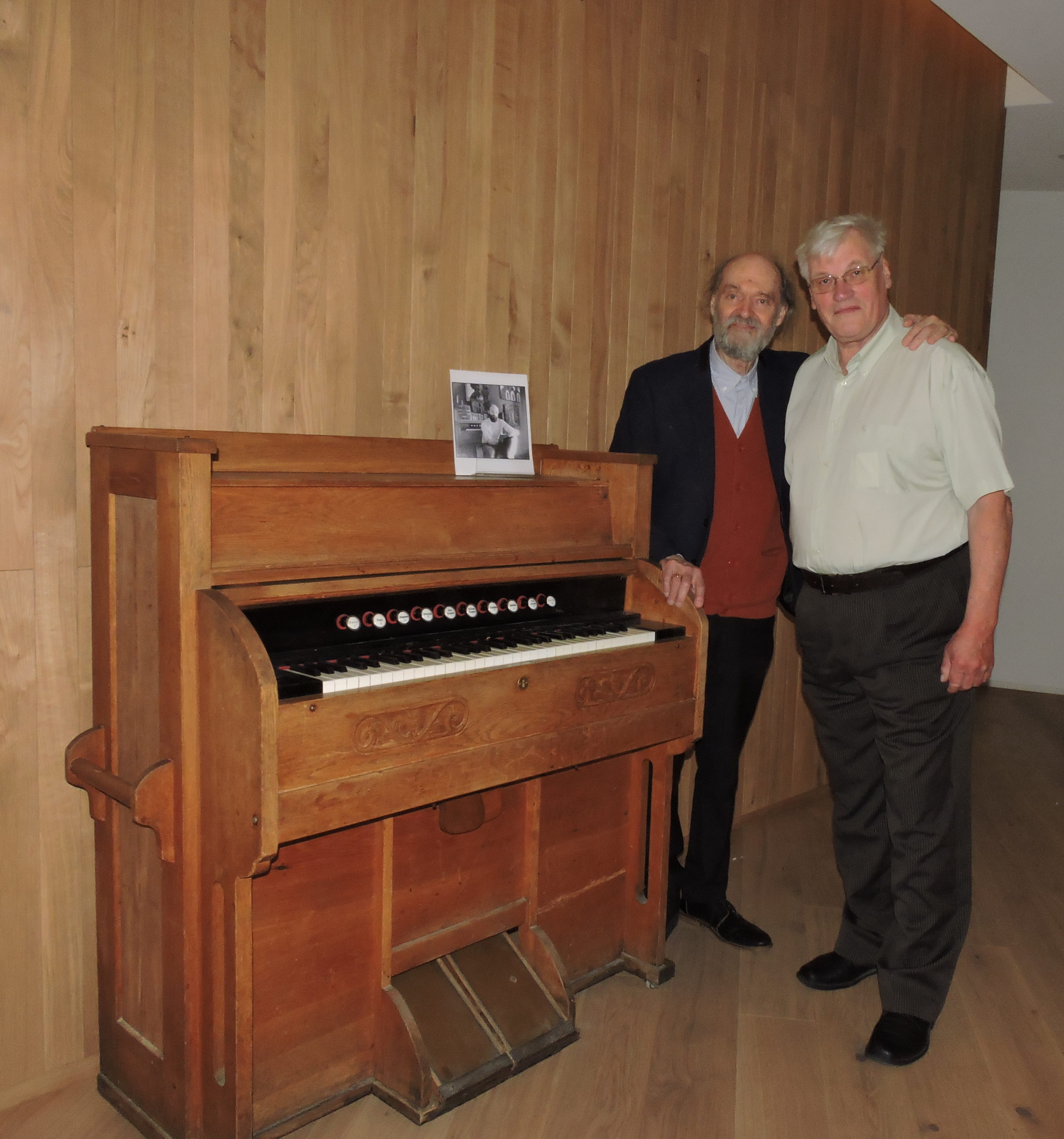
The best organ builder in Estonia made a present to the centre. The story of an old harmonium
The Pärt family harmonium stood next to the door of the old archive building of the centre, where it quietly and shyly greeted everyone who entered. From time to time, Arvo Pärt or his son, the Chairman of the Council of the Centre Michael Pärt lifted the lid of the instrument, making the harmonium sing for the employees and visitors of the centre.Read more -
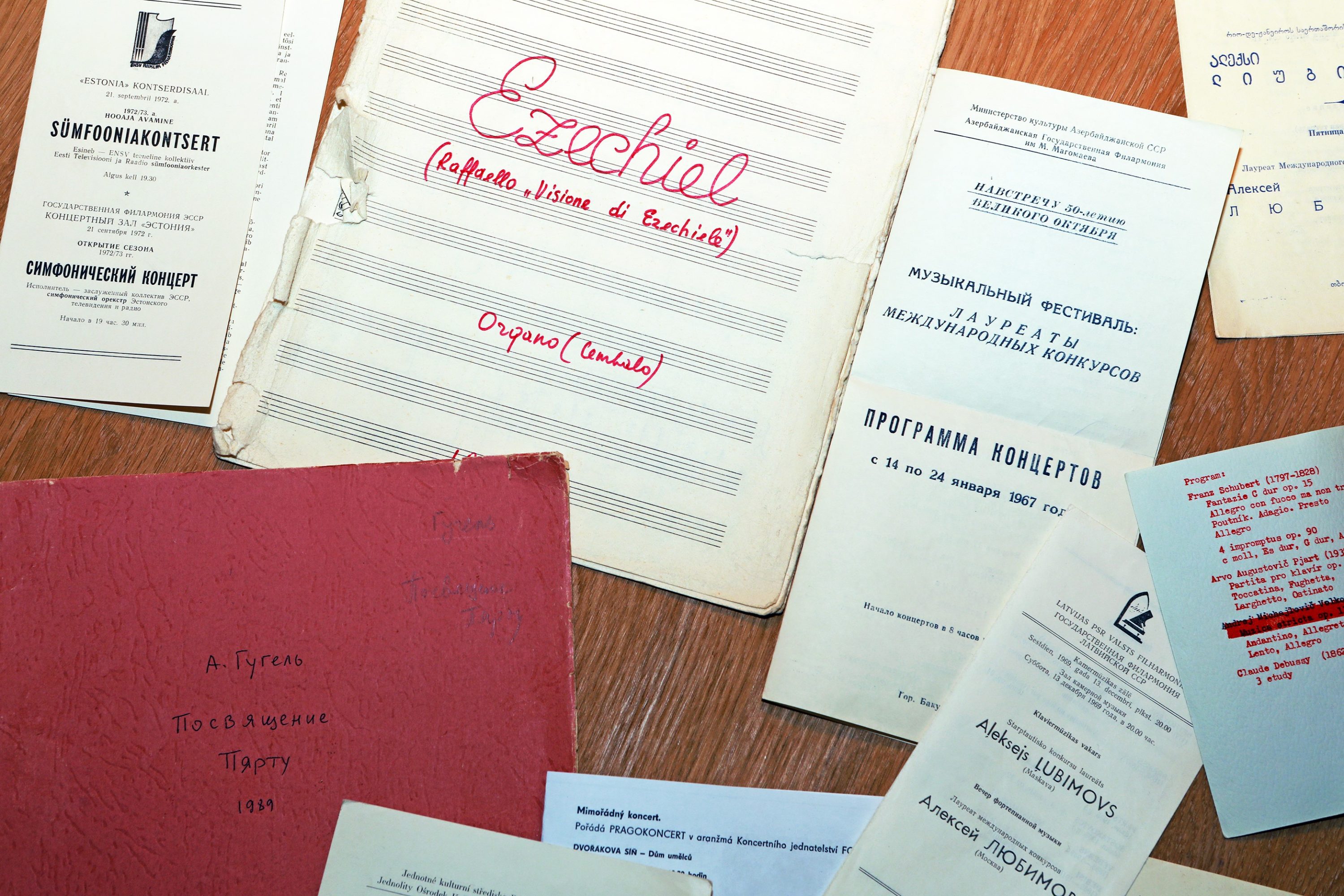
Legendary Russian pianist Alexei Lubimov met with Arvo Pärt
On 6 March, Arvo Pärt’s friend and peer, the highly recognised Russian pianist Alexei Lubimov visited the Arvo Pärt Centre. HeRead more -
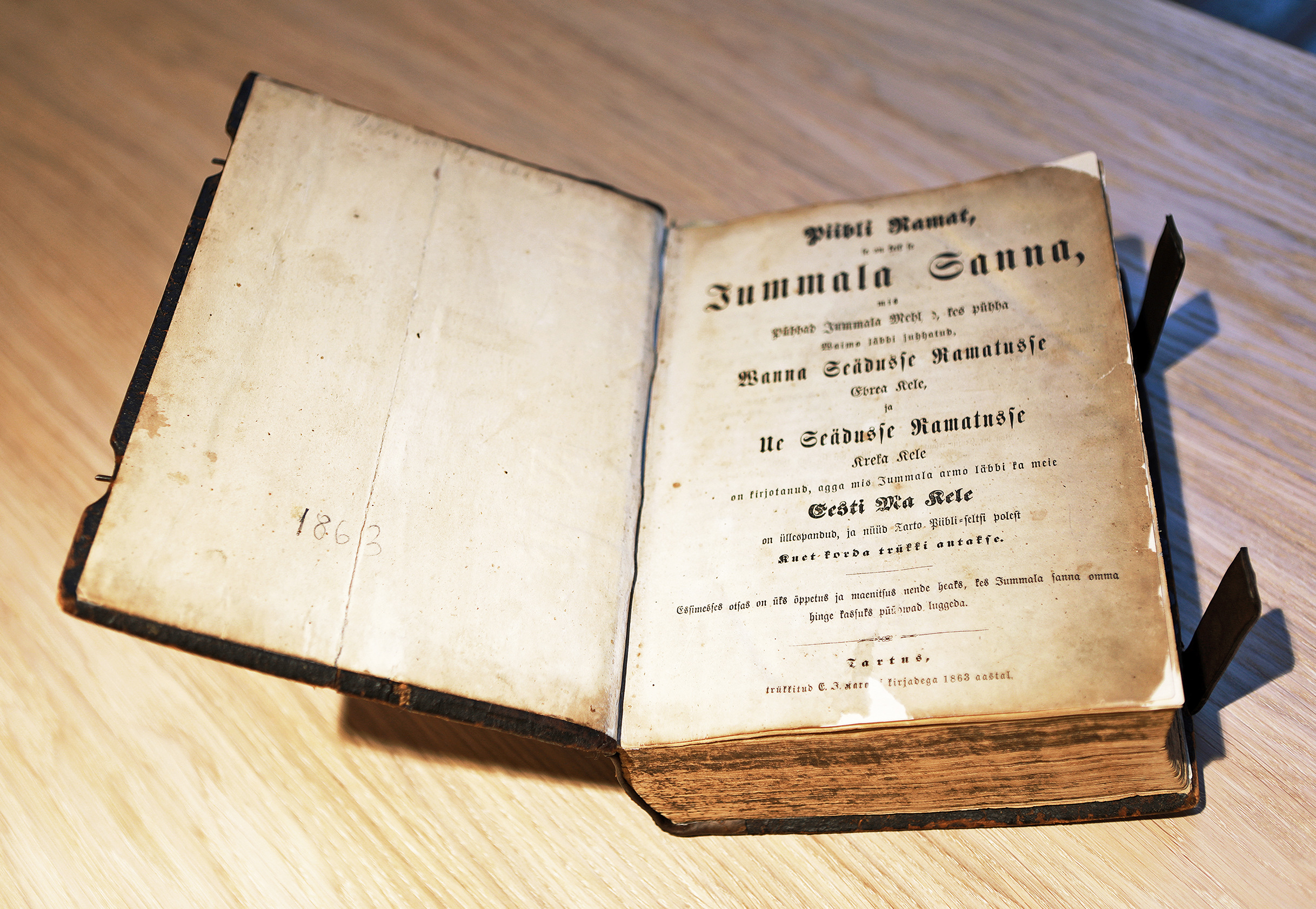
A Bible that belonged to Arvo Pärt’s grandparents made its way back to the composer
For years, the author Jaan Kaplinski carefully kept the Bible, printed in 1863, which had belonged to Arvo Pärt’s grandparents. Kaplinski had repeatedly mentioned returning it to the composer and now this has taken place. The Bible is especially valuable for Arvo Pärt, because the composer’s grandmother read it to him on Sundays in his childhood.Read more -
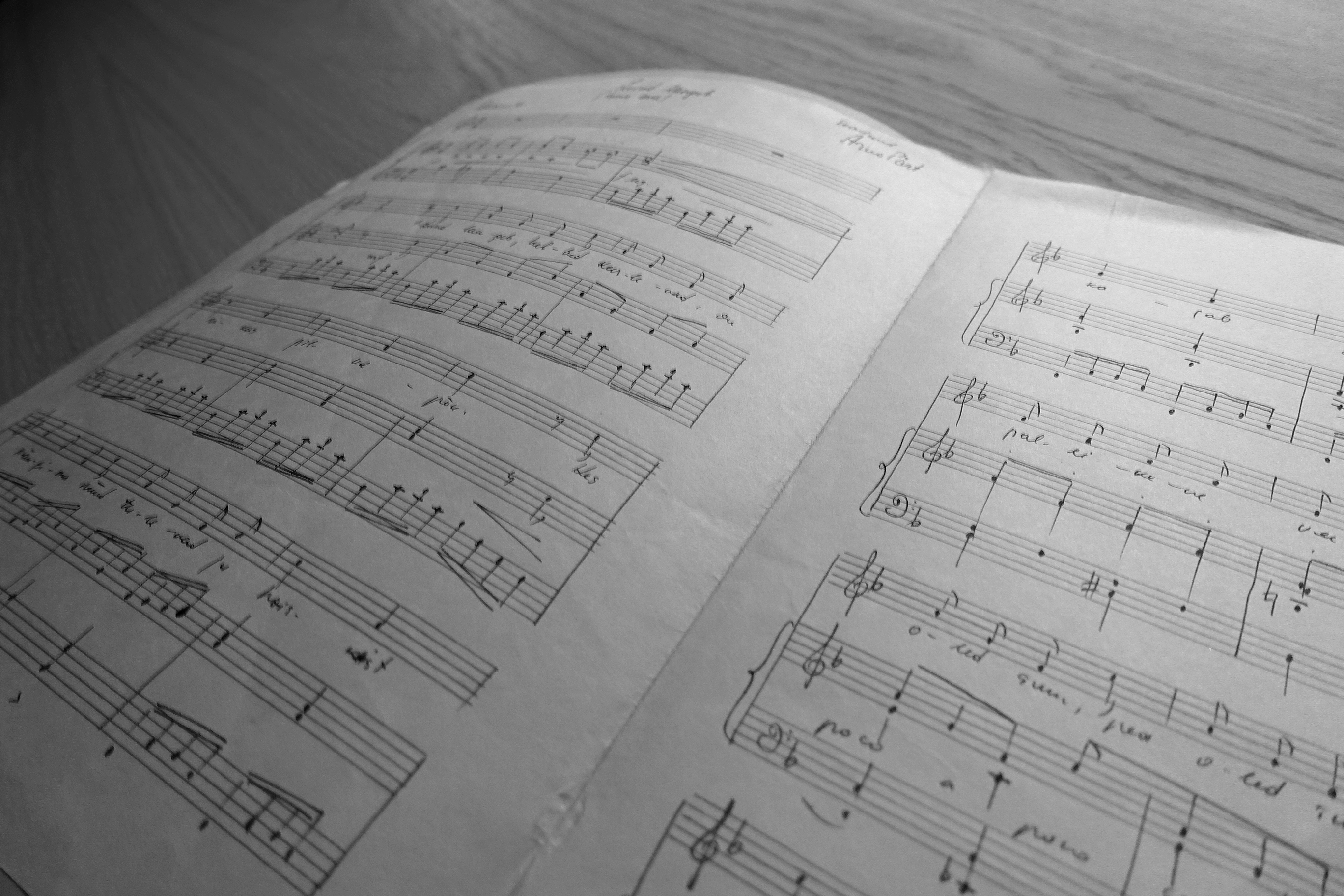
The Estonian Theatre and Music Museum gave the Arvo Pärt Centre the manuscript of an arrangement by Arvo Pärt as a gift
Snow is falling… – a manuscript score with such a title, suitable for this time of year, was presented to us by the Theatre and Music Museum whom we were glad to host yesterday at the centre. The piece is a German children’s song arranged by Arvo Pärt, which was found by museum scholar Ene Kuljus, while ordering Valter Ojakäär’s collection.Read more -
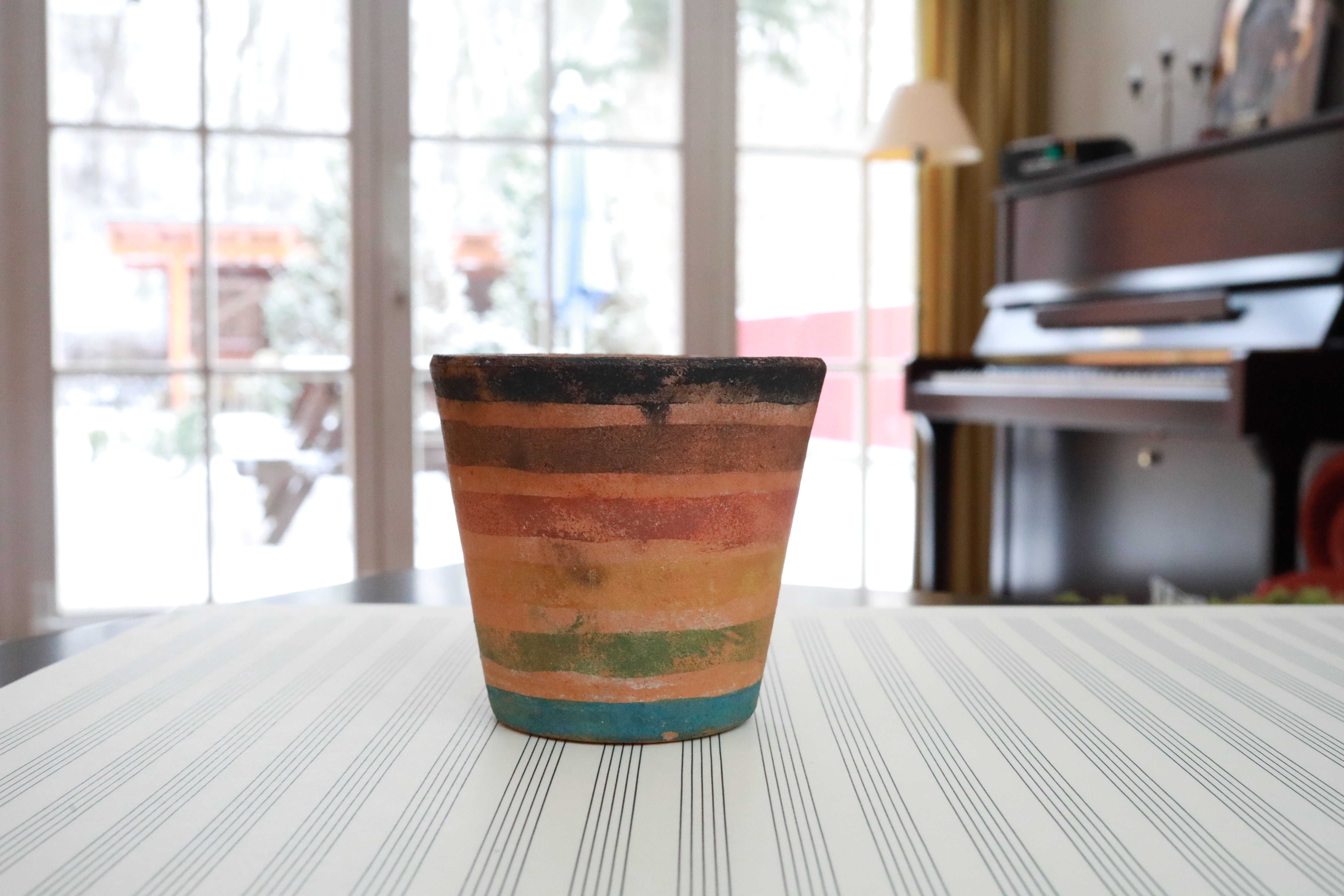
A journey to one’s own voice. The story of a flower pot
“It was 7 February 1976, a beautiful sunny winter’s day,” Nora Pärt recalls. There was brightness and inspiration in the air and Nora suggested they take a longer walk through the forest in Nõmme. However, Arvo Pärt was not getting up from his dark brown pianino anytime soon… They didn’t make it to the forest that day; however, the piano composition Für Alina was born. With this small piece the composer found his own voice and compositional style, which he named tintinnabuli.Read more -
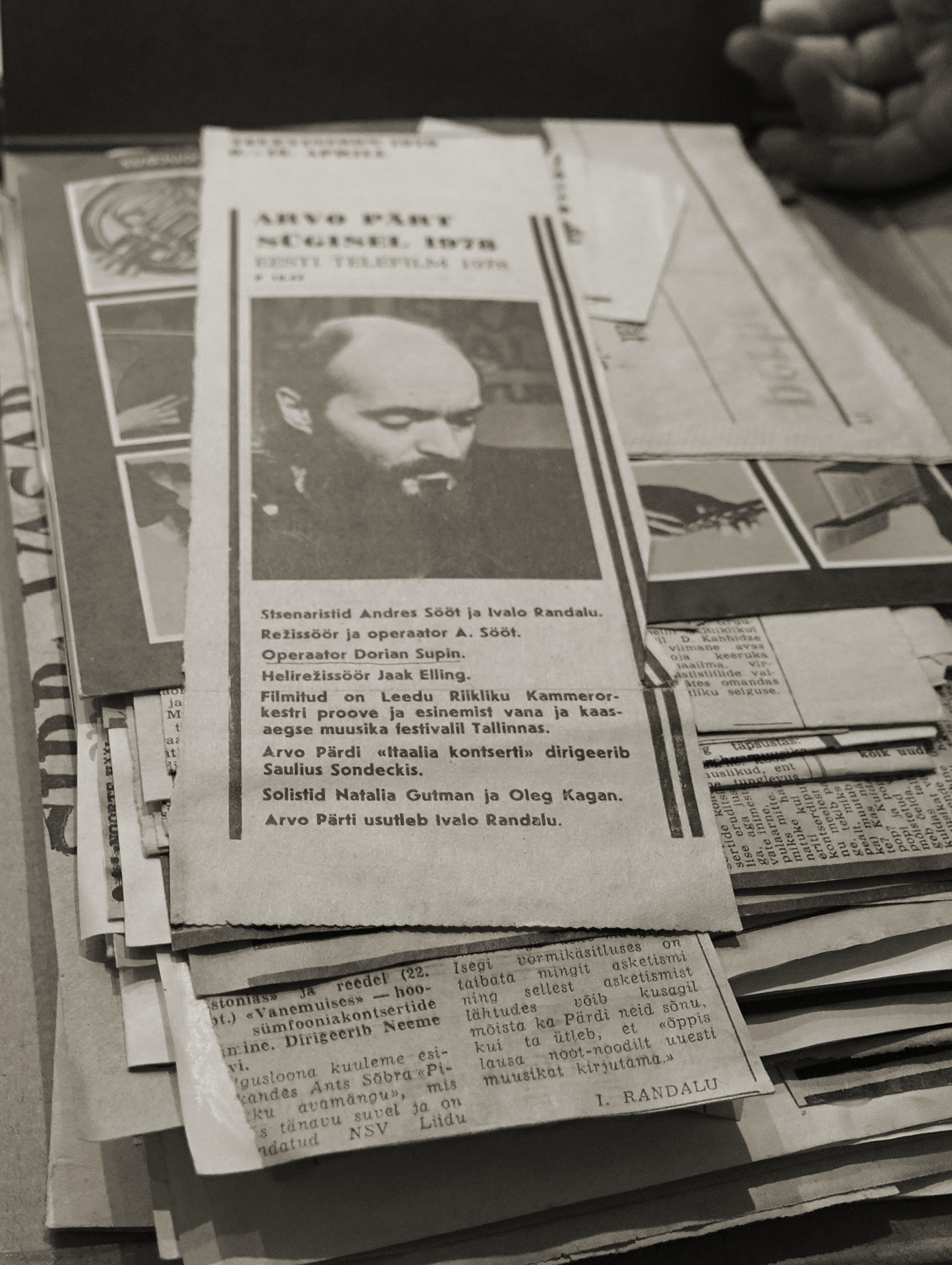
Arvo Pärt’s documents from the 1970s reaches the Arvo Pärt Centre
In December, the archive of the Arvo Pärt Centre received a priceless addition when Maaja Rumessen, the widow of the pianist and musicologist Vardo Rumessen, gave a box full of valuable archive materials to the Arvo Pärt Centre. This box contains personal materials, notebooks, concert programmes and newspaper cuttings related to Arvo Pärt's work, dated up to 1980, when the composer was forced to emigrate from the Soviet Union.Read more